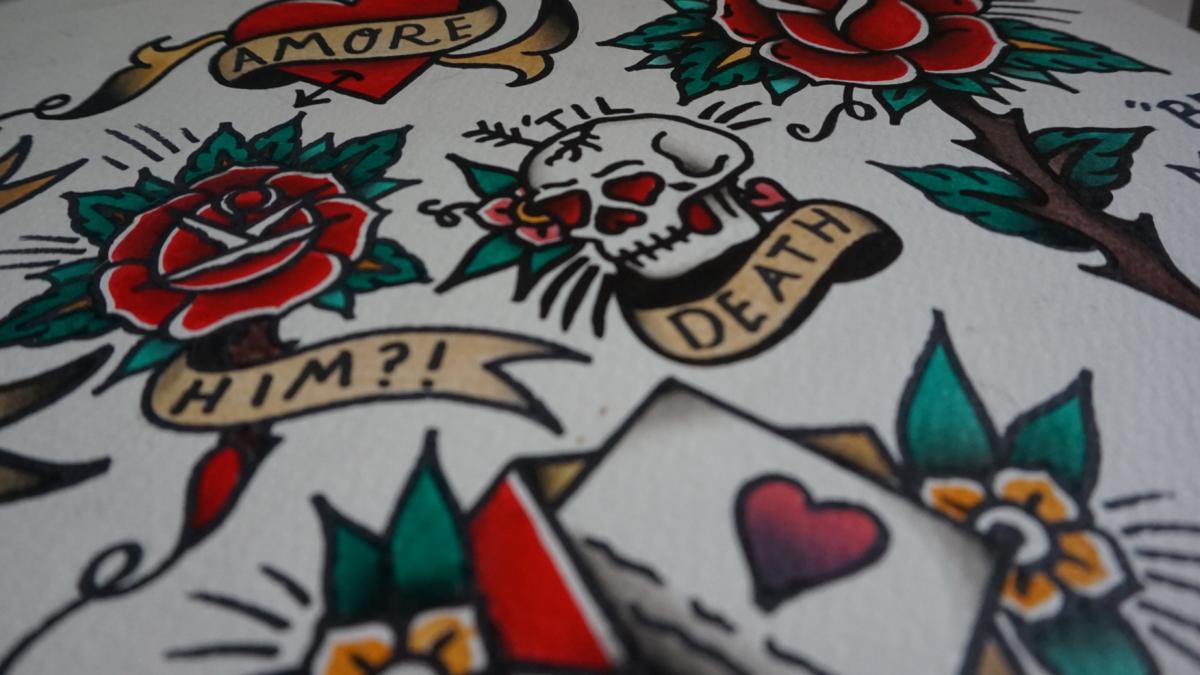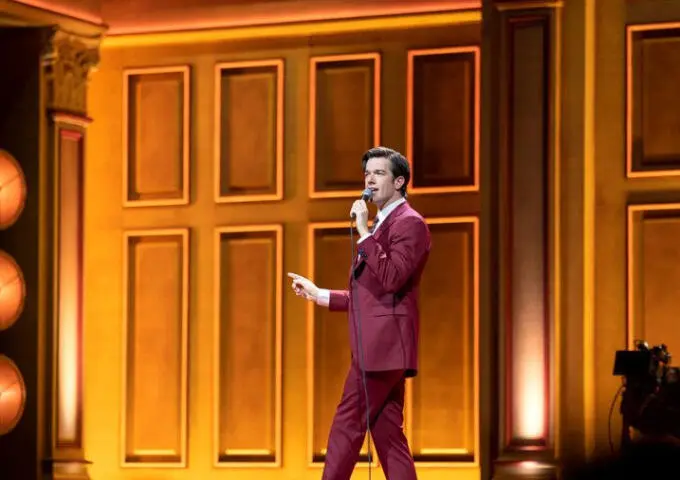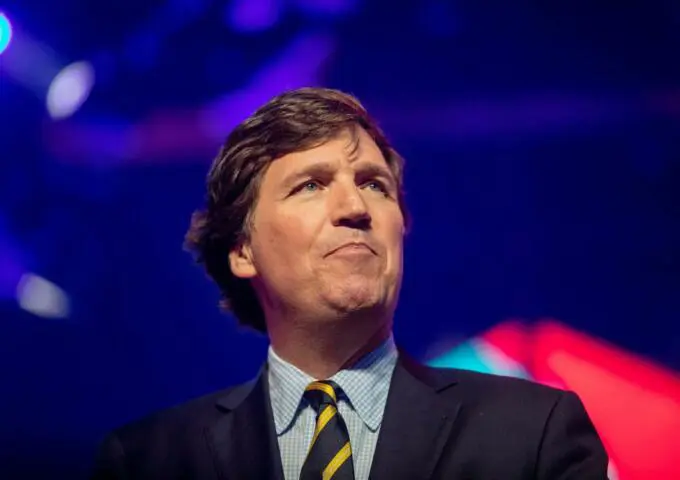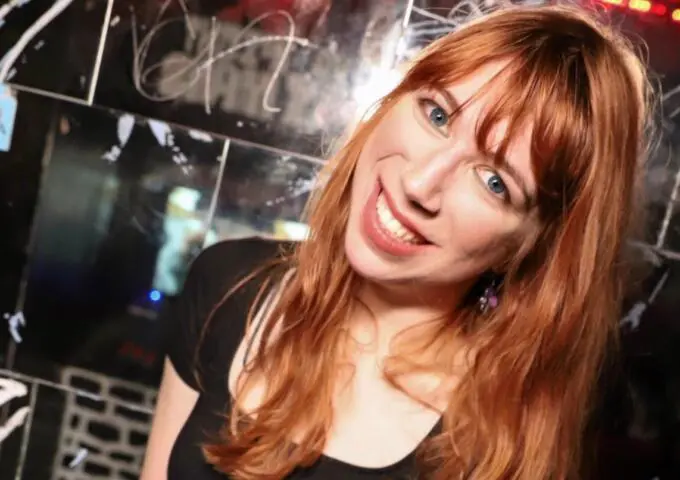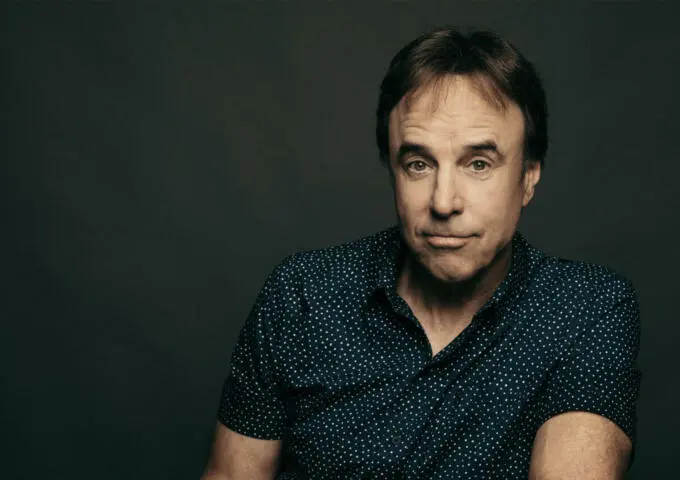Their employees are medically trained by the American Red Cross. Their facilities have months’ worth of personal protective equipment stocked. And they can see less than a handful of customers each day.
So why are they one of the last businesses to reopen from COVID-19 restrictions? That’s the question Philadelphia tattoo shop owners and artists have asked for three months.
“We’re more prepared to open up than any barber, any salon, any nail salon, anything like that,” said Bryan Holland, 39, co-owner of Electric Temple Tattoo in Brewerytown. “… We’re trained almost like a nurse. Any retail store that’s opened up, we’re going to have less people go into our shop than them, and we’re going to be safer about it. We can do a lot more than any retail store, any restaurant that’s opened, depending on how it’s opening. We’re going to have less people than a grocery store or any clothing store go into our shop at one point. We can have guidelines and open up safely, but it’s not my call.”
For weeks, walk-in and private Philadelphia tattoo shops were told to wait for the city to move into Gov. Wolf’s green phase to reopen after they closed in March with other city non-essential businesses. While watching retail and restaurants gradually reopen, they questioned the delay with little word on their “personal services” sector, until receiving unexpected clearance last week that body art shops, along with barbers, spas, pools and zoos, could reopen beginning June 26.

Now, starting this month, tattoo shops will begin maneuvering the extended closure’s impact on their independent storefronts and independently-contracted artists alike. In a craft bound by already-meticulous sanitation guidelines and trademarked by diligent one-on-one artistry, shop owners and artists are graciously accepting the reopening they feel is overdue, while speculating what the future of their trade may be after COVID-19.
“I feel stoked, I feel really fortunate actually,” said Dylan Carr, 23, who will be reopening the shop he co-owns, Crown and Feather Tattoo in South Kensington. “It seemed like they were going to keep kicking it down the road.”
The pandemic forced Carr to temporarily close Crown and Feather just about nine months after co-founding it as a nascent progressive studio last year. Originally, they didn’t expect the shutdown to last longer than a month. But as it kept getting extended week by week, they donated the shop’s masks and surface disinfectant to local hospitals, which are now restocked for reopening.
“I think, in general, tattoo shops are a little better equipped to handle these sorts of things,” said Nick “The Tailor” Solomon, 35, co-owner of Crown and Feather.
Solomon doesn’t see the shop’s normal procedures changing much for reopening, outside of clients now having to wear masks themselves, not bringing along guests and following social distancing in waiting areas, he said.
“I know everybody is on the fence about whether or not things should open up too quickly, but I figured as long as you’re taking the right precautions, like keeping your distance from people, and as long as everything is clean, I mean, I don’t really see the big deal.”
– Alyssa Vache, 23 who says she doesn’t fear getting a tattoo during a pandemic
The city’s general reopening guidance, Mayor Kenney’s Safer At Home plan, outlines safety recommendations for businesses to follow, like routine cleaning, frequent handwashing and distancing between people – practices already stringent in typical tattoo shop operations.
At many shops, artists’ booths are normally six feet apart, some artists choose to wear masks and single-use supplies are used for every tattoo, like health-care facilities. That’s why seeing businesses such as dentist offices reopen last month frustrated some artists, who can take similar facility precautions, such as requiring clients book appointments in advance to control how many are seen at a time.
“I know everybody is on the fence about whether or not things should open up too quickly, but I figured as long as you’re taking the right precautions, like keeping your distance from people, and as long as everything is clean, I mean, I don’t really see the big deal,” said Alyssa Vache, 23, from Pipersville, Pennsylvania, who’ll be visiting Carr for an appointment Saturday.
While unable to practice tattooing, some artists created in different mediums during the closure. Carr helped one of his clients illustrate a poetry book, while Chris Romolini at Forever Valentine Tattoo in South Philadelphia made custom shoes and paintings for commission to clients.
“Besides construction or renovations … this has been the longest I’ve ever stopped tattooing,” said Romolini, 25, who didn’t receive his independent contractor unemployment check until this month.
Romolini won’t start tattooing again until he can finish rescheduling the months’ worth of client appointments he had to cancel, he said. He hopes the clientele will be honest about any illness with him and that he’ll be as busy as he was pre-shutdown when he starts again.
“I just want to keep serving the community with tattoos,” Romolini added.
And for her clients, Katie Skretowski, 26, from Audubon, New Jersey, who has two appointments to reschedule, said she’s “just looking forward to getting back in there.”
At Hunter Gatherer Tattoo in University City, artist Dana Jones believes strongly in returning to business as usual. The only thing that may be different is how tattoo artists, as trade workers, approach managing their cash flow, she said. “Let’s say you work at a busy shop, [it has] a lot of foot traffic, that kind of thing,” added Jones, 47.

“If that dries up, what do you do? That’s the nature of tattooing, it’s not a guaranteed income, you have to make your income. Even being booked out a couple months, having a Plan B is not something that a lot of people take seriously.”
And while tattoo artists are passionate about their work and unlikely to ever consider an alternative, the pandemic made it more of a common point of discussion, she said.
“The first month or two, you kind of think like, ‘Should I really be pursuing this?,’” said Jennifer Rahman, 36, an artist at Hunter Gatherer Tattoo. “In the end, there’s no retirement plan, there’s no health insurance, there’s just nothing but whatever you make.”
Though, if anything, the COVID-19 closure brought artists at Philadelphia tattoo shops closer together, Rahman added.
“[Tattoo shops] are definitely not in the top rung of considered as a business in a city,” Jones said. “If they weren’t a productive part of a community, then they wouldn’t flourish, but since they do, one could consider them an essential business.”
As for Holland, he doesn’t have any worries about Electric Temple or the trade.
“We’ll be fine,” he added. “I mean, in general, tattooing, you know, one of the oldest professions. We’ll always survive and maintain. I don’t see it going anywhere. Especially our shop. It’s just about how invested you are in the craft.”
